In an Interim Final Rule issued on March 3, 2021, the SBA established new maximum loan calculations for individuals who file an IRS Form 1040, Schedule C (i.e., sole proprietors, independent contractors, and self-employed individuals) and removed certain eligibility requirements.
Maximum loan calculations for Schedule C filers. Previous PPP rules defined the payroll costs eligible for PPP loan forgiveness for individuals who file an IRS Form 1040, Schedule C as the payroll costs for any employees plus net profits—that is, net earnings from self-employment. However, this definition excluded otherwise eligible sole proprietors with very little or negative net profit, including many female and economically disadvantaged sole proprietors and small businesses in underserved communities, because it did not take into account small business owners’ fixed and other business expenses that are necessary to stay in operation and keep them employed. As a result, the SBA determined that new PPP borrowers should be given the option to receive a loan based on their gross business income as follows:
- Schedule C filers with no employees may elect to calculate the owner compensation share of their payroll costs based on either the (1) net profit reported on line 31 or (2) gross income reported on line 7 of Schedule C.
- Schedule C filers with employees may elect to calculate the owner compensation share of their payroll costs based either on (1) net profit or (2) gross income minus expenses representing employee payroll costs (employee benefit programs as reported on line 14, pension and profit-sharing plans as reported on line 19, and wages less employment credits as reported on line 26).
To mitigate the risk of fraud, Schedule C filers electing to use gross income who reported more than $150,000 in gross income on the Schedule C used to calculate the PPP loan amount will not be deemed to have made the certification of good faith and their certifications may be subject to a review by the SBA.
Eligibility restrictions. Under previous PPP rules, PPP loans were not available for small businesses that had an owner of 20 percent or more equity who had been convicted, pleaded guilty or nolo contendere, or commenced any form of parole or probation for (1) a felony involving fraud, bribery, embezzlement, or a false statement on an application for a loan or federal financial assistance within the last five years or (2) any other felony within the last year. The new rule removes the one-year restriction for nonfinancial fraud felonies to remove barriers for individuals trying to make a fresh start as small business owners, consistent with policies underlying 2018 and 2019 criminal justice reform legislation. Because the need for speed in loan approvals and disbursements in the PPP results in a higher risk of fraud, the rule retains the previously established eligibility restriction prohibiting PPP loans to those convicted of financial fraud-related felonies within the past five years.
In addition, the new rule amends a prior rule establishing the ineligibility of individuals or businesses owned or controlled by individuals who have ever obtained a direct or guaranteed loan from any federal agency, including the SBA, if the loan is currently delinquent or if the loan was in default within the last seven years, causing a loss to the government, to exclude federal student loans. Although most of the changes are not retroactive and thus apply only to first or second-draw PPP loans approved after March 4, 2021 (the effective date of the rule), the change in the PPP rules regarding student loans applies to new PPP applicants and borrowers who already have a PPP loan. This exception recognizes that although the PPP application requires disclosure of delinquent student debt, borrowers may have inadvertently made errors on their applications because of confusion about the status of their loans due to the suspension of payments and collection of federal student loans or whether loans not directly serviced or held by the US Department of Education are considered federal debt.
For businesses interested in learning more about the loan forgiveness application or how to navigate their way through it, please contact Chris Young at 301-738-2033.
Chris Young is an associate in the Business & Tax practice at Miller, Miller & Canby. He focuses his practice on corporate legal agreements, business formation, tax controversy work and helping clients deal with new tax regulations. View more information about Miller, Miller & Canby’s Business & Tax practice by clicking here.

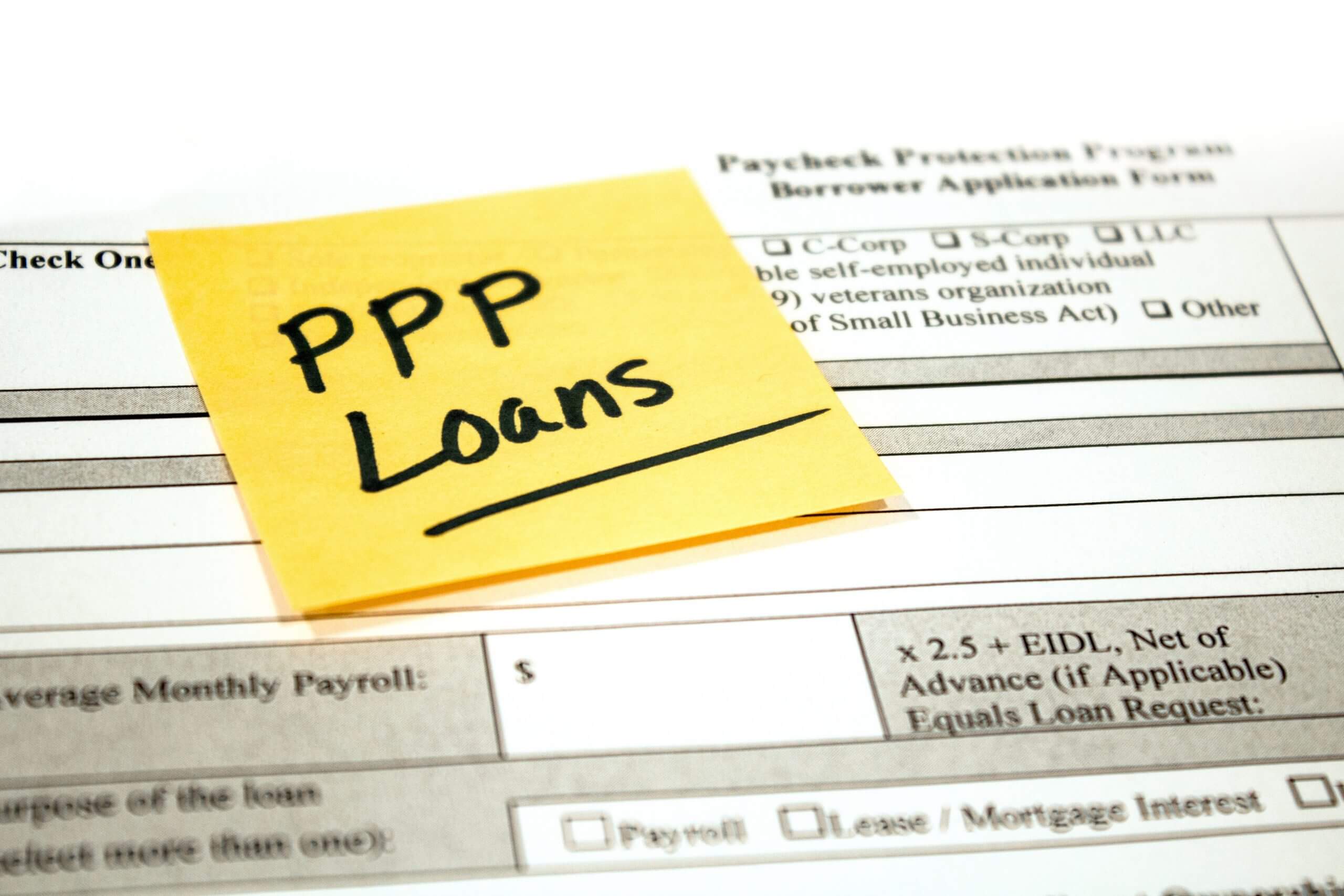
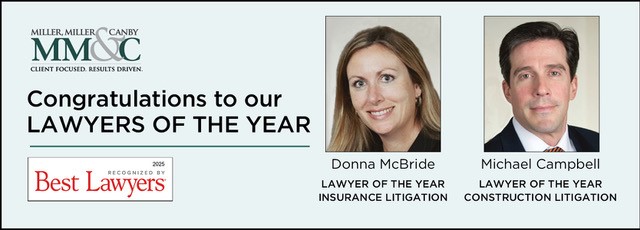

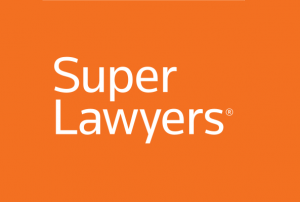
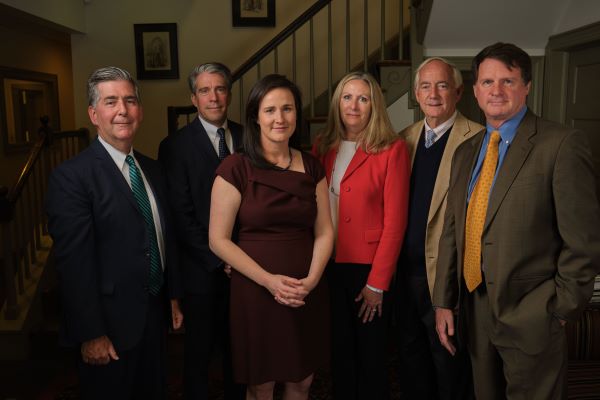

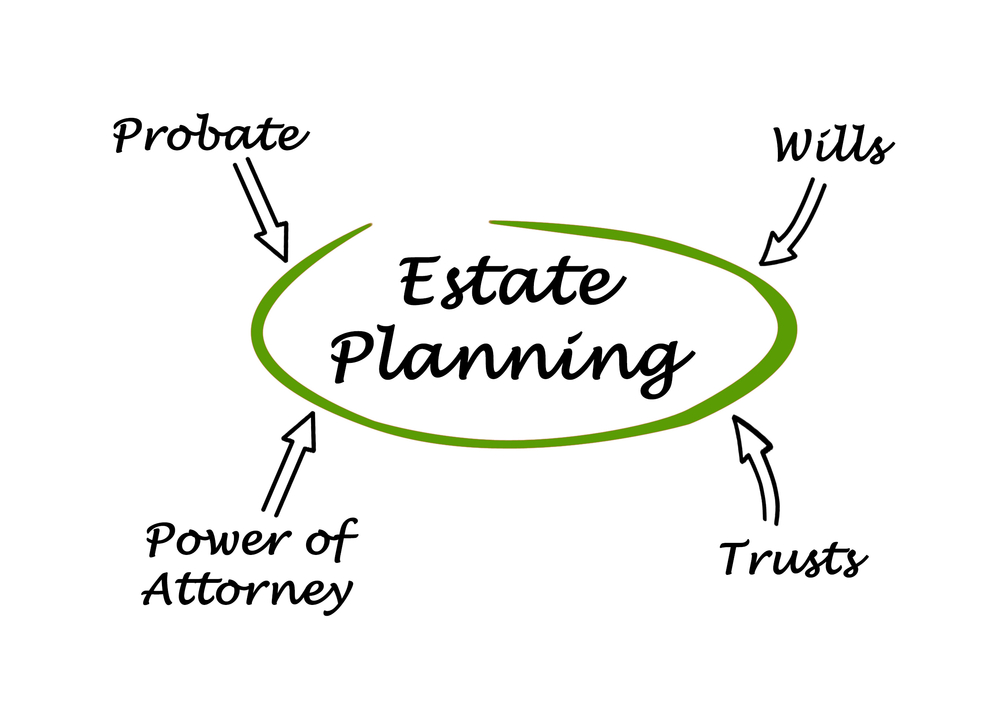
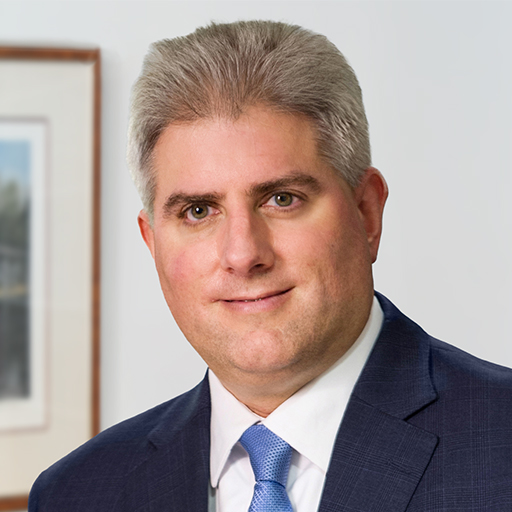
Share this Article: